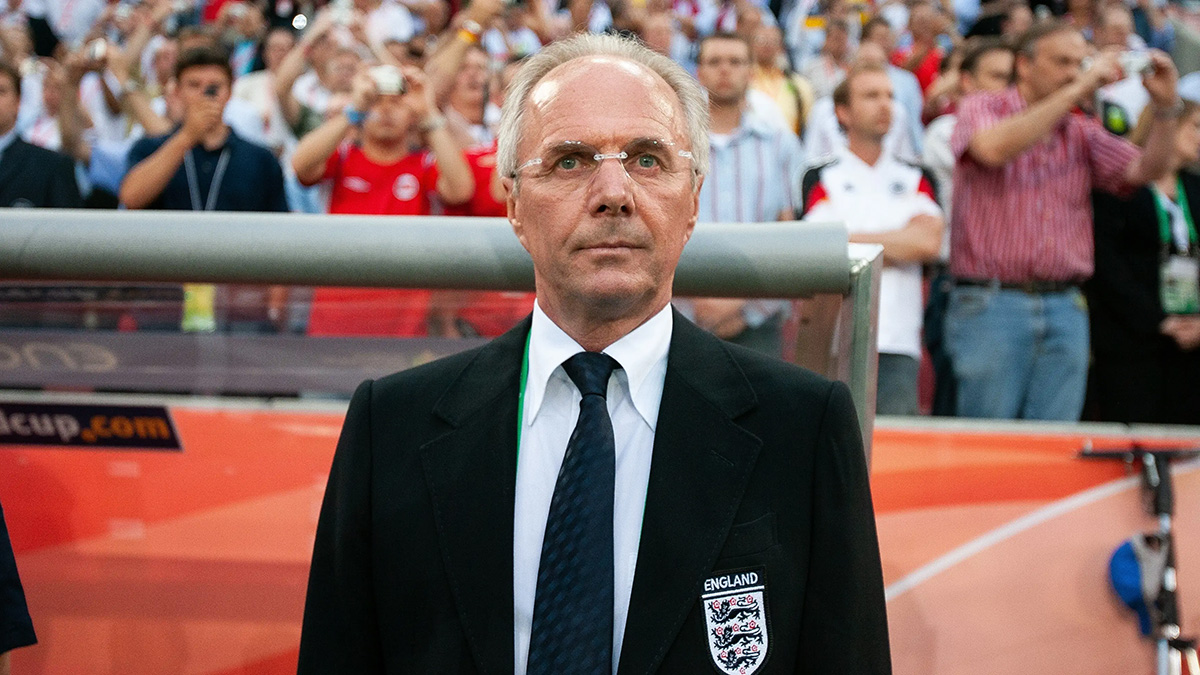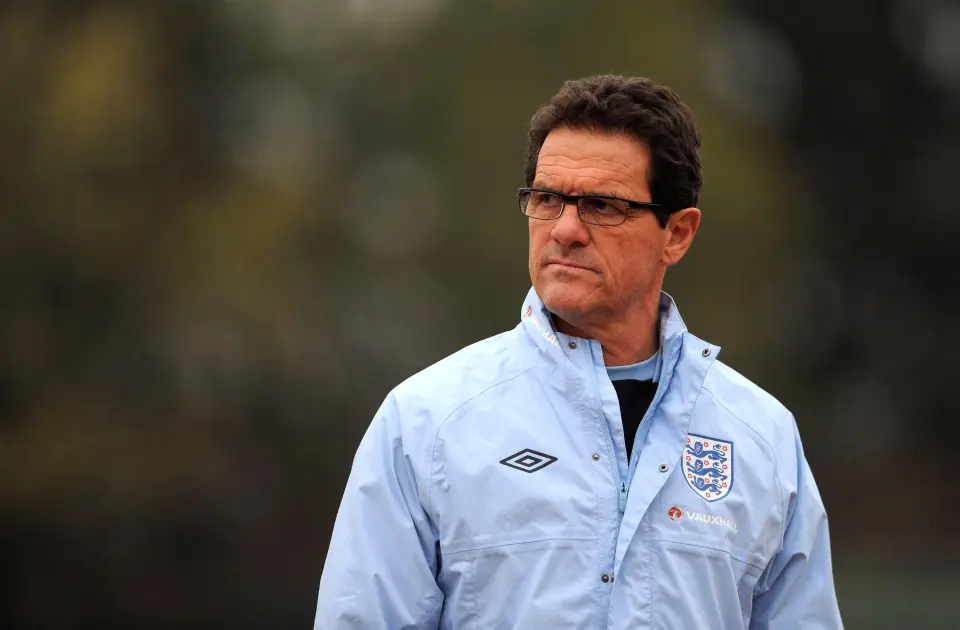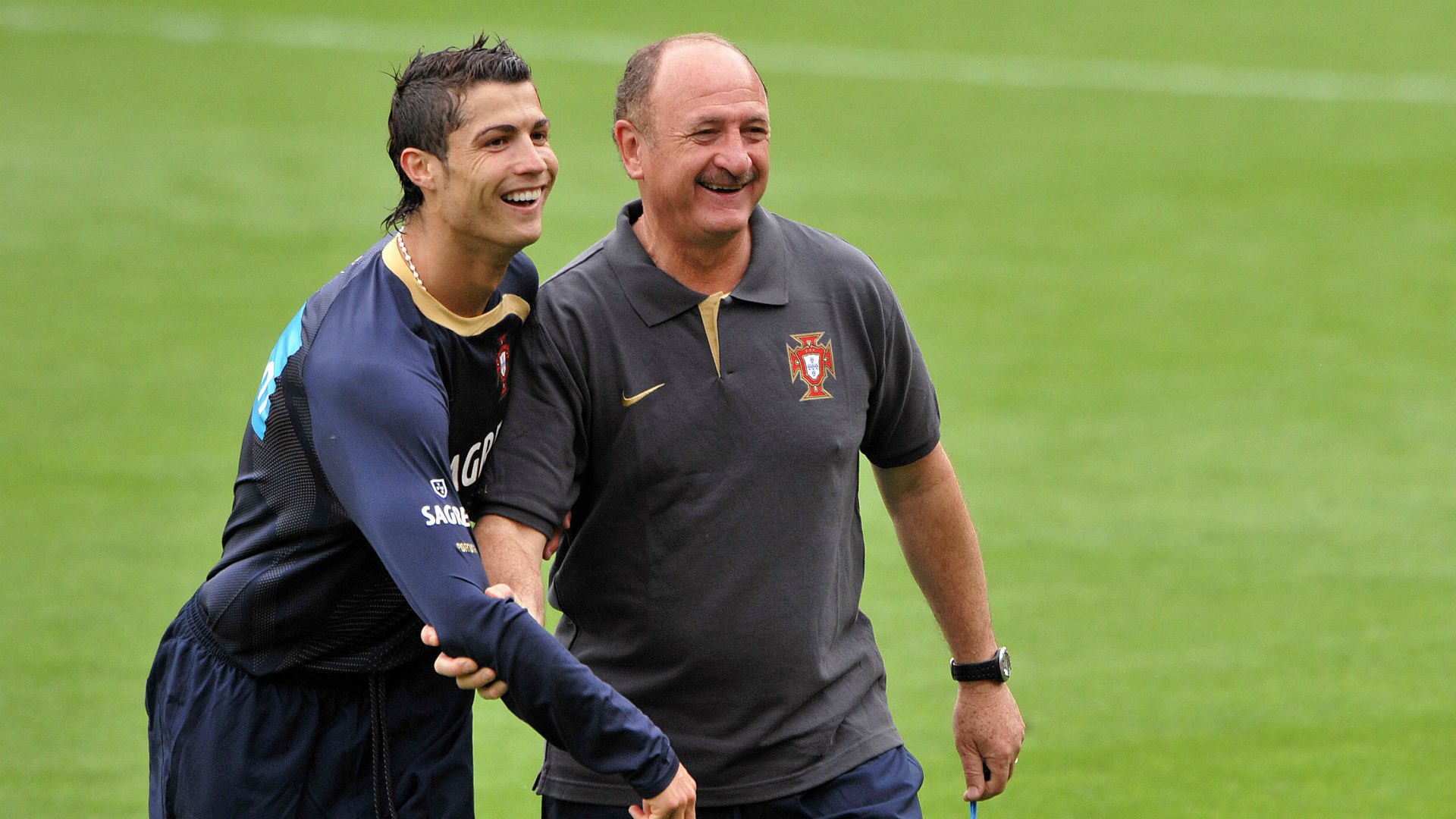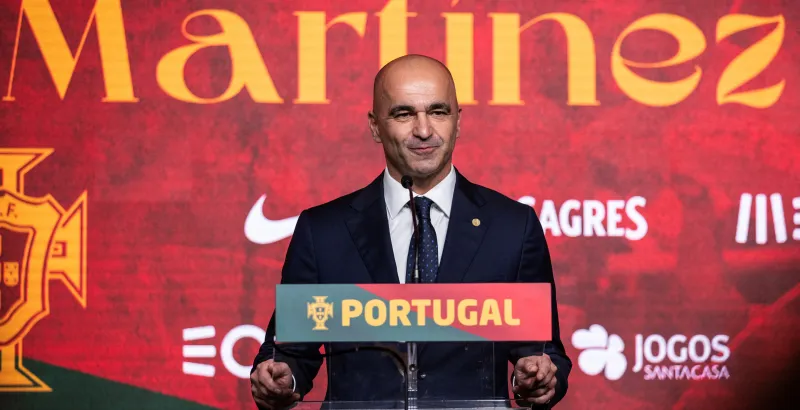Thomas Tuchel is only the third manager of the England national team with a foreign nationality. And if history can tell us anything, he will be under a massive microscope with immense pressure and expectations thrust upon him.
Gareth Southgate had a much maligned, near-decade long stint as the England manager, and many were relieved when he announced his departure after the 2024 EUROs. But his vacancy left many questions, mainly, who would be his successor?
As a stop-gap replacement, the English FA promoted U21s coach Lee Carsley, but he quickly took himself out of the running for the permanent job as he didn’t believe he was ready for the big stage yet. Now, the Three Lions have found a more long-term replacement, though it was not an expected name.

Thomas Tuchel might have a pretty solid resume on paper, but he was quite the surprise announcement, especially considering his German nationality. In international football, amongst the strongest nations, it’s quite uncommon to have the manager be foreign.
Top European football powers like France and Germany have never had a foreign manager in their national team’s history. Federations want managers that are familiar with the footballing culture of the nation that only a person from said nation can understand.
However, while it hasn’t been the norm, England and a few other top footballing nations have had a handful of foreign managers before, to varying levels of success. Let’s take a look back at the more recent ones, and examine if Tuchel can land amongst the more well-remembered foreign-born managers when all is said and done.
Sven-Göran Eriksson

The very first non-English manager in Three Lions history was Sven-Göran Eriksson. The Swedish coach took charge of England in 2001 off the back of a disappointing EURO 2000 campaign, and statistically has been regarded as one of England’s most successful managers in the modern day despite zero silverware.
He was able to lead the team deep into tournaments, but perhaps his persistence of shoehorning guys into the lineup cost him. Also, his lack of fire, which was questioned by players and the press alike, led to a seeming lack of motivation in big matches.
Fabio Capello

Heading into the 2006 World Cup, Eriksson was made a lame duck manager, as the FA announced it would look for other options following the summer tournament. The first choice to replace him was Luis Felipe Scolari (more on him in a bit), but the Brazilian turned down England’s offer and the job went to Eriksson assistant Steve McClaren.
“Second Choice Steve’s” tenure was short, and in 2007 the FA brought on Italian manager Fabio Capello. Unlike Eriksson, Capello was walking into a much more difficult situation as he had an aging squad that had just missed out on EURO 2008 qualifying. While Capello was able to qualify for the 2010 World Cup, nothing much came from it as England were embarrassed by Germany in the round of 16. With that elimination, the media pulled no punches, perhaps more so because he was a foreign-born manager. They were particularly critical of his “military” like authority over his squad.
Scolari and Martinez

The other big nation in Europe to test out the foreign national coach experiment this century is Portugal, although it might have a small asterisk next to it. The first foreign coach in Portuguese history is Luis Felipe Scolari. (Remember him?)
As a Brazilian, Scolari of course spoke Portuguese, hence the asterisk. He managed Portugal’s golden generation, leading them to the EURO 2004 finals and fourth place at the 2006 World Cup. A successful case in this instance.

After a string of Portuguese coaches after Scolari left in 2008, Portugal decided to look to their Iberian neighbors Spain and hire Roberto Martinez in 2023. The Spaniard put together a mediocre EURO campaign this past summer, losing in the quarters to France. All eyes will be on him for the World Cup in 2026, where Portugal should be considered one of the favorites.
Can Tuchel be Different?
As we analyzed the other cases, we saw one major success, one mini success, a failure, and one still to be determined. Tuchel can very well join Scolari in the successful club, as he has some advantages that Eriksson and Capelo did not have.
A major one is the fact that Tuchel has already coached in England, and at a major club at that with Chelsea. He is used to the unrelenting scrutiny of the English media, especially considering the tumultuous times he experienced while in West London.
Another one is familiarity with the squad. Tuchel has coached several regular call-ups such as England captain Harry Kane, Reece James, and Conor Gallagher (although that was for a limited time). Familiarity is always a good thing, and Tuchel has that on and off the pitch with this squad.
"I'm not sure it fits the criteria of St George's Park and the belief in English coaches" 💬
Gary Neville on Thomas Tuchel becoming England's new head coach 🏴 pic.twitter.com/zQl7MJSbnM
— Sky Sports News (@SkySportsNews) October 16, 2024
However, whilst Tuchel knows the English media well, the stakes are much higher in this job than they were when he was with Chelsea. Hit pieces have already started. Media and ex-players like Gary Neville for example are not happy the FA went non-English. How will Tuchel cope with that?
Also, the expectations behind England are as high as ever, with a good mix of experience and youth. The Three Lions enter any competition with the expectation of winning it all. The young players at the core of England, as well as a talented crop looking to break through into the ranks, is perhaps the nation’s biggest strength. However, coaching young players has not been one of Tuchel’s specialties in recent years. That will need to change if he wants to succeed.
Time will tell with Tuchel, but history does not favor him, and there is a level of understanding with the frustration of English fans with the appointment. It really felt like England were clicking on nearly every cylinder throughout all the ranks of international football, and maybe it needed continuity rather than a surprising left turn.








